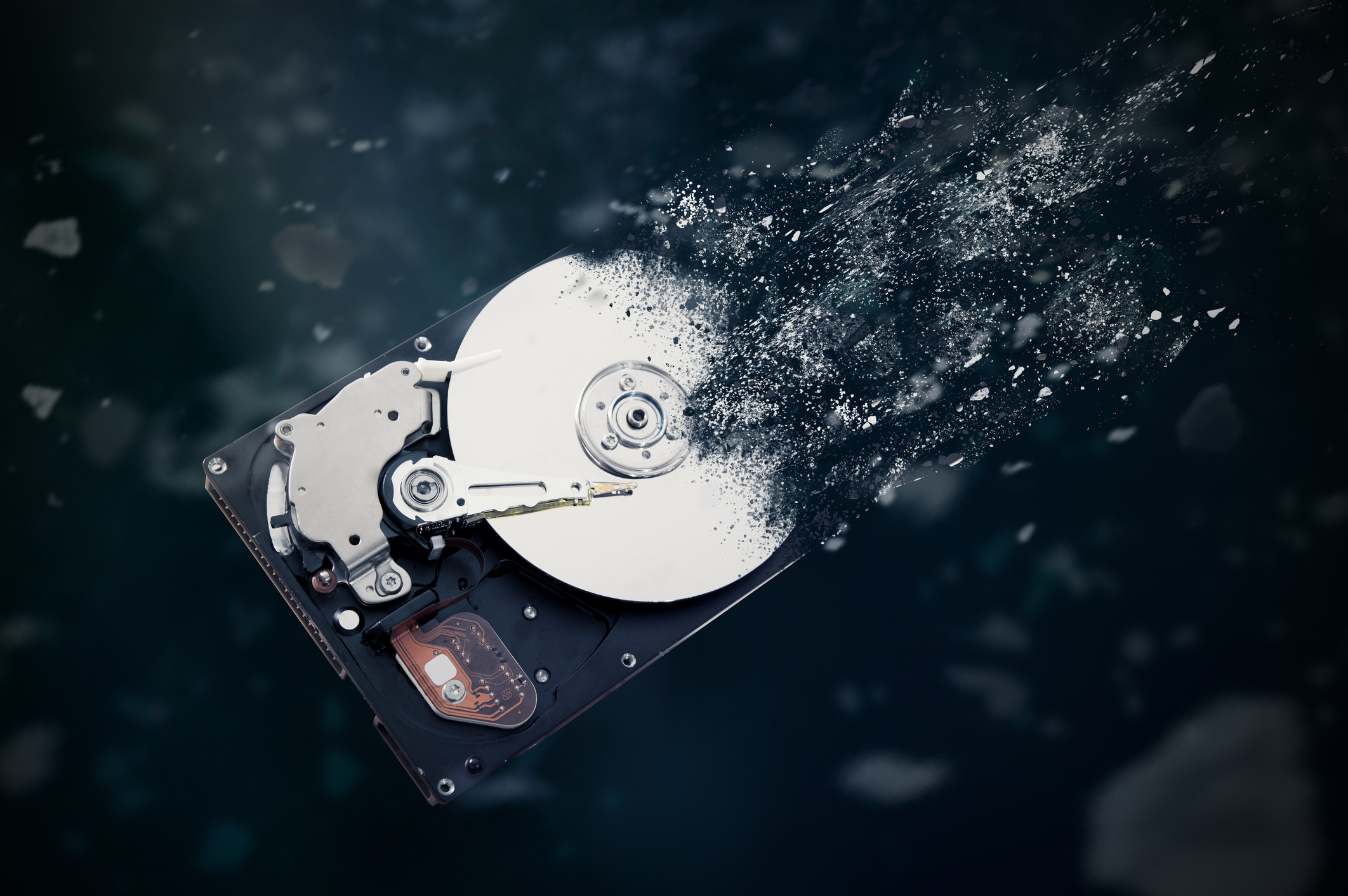Staying up to date on the latest tech can provide a competitive edge. But as you get new computers, tablets, servers, or other devices, you’ll have to dispose of the old ones properly. Here’s how and why to dispose of your old tech and how it’s one of the best practices in data security.
1. You might be able to make some money.
Even if your devices are far out of date, you can often find a way to sell them. This will help offset the cost of your new tech or even just the cost of having the old tech hauled off.
If you sell your items on eBay or Craigslist, be aware of any scams, and don’t accept any checks. There are also consignment companies who will sell your devices for a cut of the profits. You make less money this way, but it can be much less time consuming and inconvenient.
Regardless of how you get rid of it, remember to completely wipe it before handing it over. Do a factory reset, a hard drive purge, or whatever it takes to ensure that you are protecting patient data and preventing an electronic health record (EHR) security breach.
2. Donate to a good cause.
Another good option for disposing of old tech is donating it to a local school, non-profit, or program that you’d like to support. Even if your computers are old, they’re likely newer than what some organizations in your area are using. They can also be distributed to the less fortunate by the organization to which you donate.
For example, shelters for domestic violence victims often take old laptops and phones to replace items that their clients left behind or to help them protect their privacy as they rebuild their lives away from their abusers. Many schools or after-school programs can also use older machines to run basic programs for their students.
And remember, most donations are tax-deductible, so ask for a receipt, and you can still benefit financially from your donation. Again, just be sure that the tech is completely wiped before you hand it over.
3. Dispose of tech in an eco-friendly way.
If your devices are too broken or out of date to sell or donate (or if you just don’t want to risk the security violations), make sure that you’re disposing of it in an eco-friendly way. There are certified e-waste recyclers that can take your tech trash for safe disposal.
Most Goodwill stores take old equipment, and partner with Dell to recycle what they can’t resell. Best Buy will also take just about anything to recycle, refurbish, or dispose of safely. You can also call your local recycling or trash pick-up service, and ask them what their protocols are for disposing of computers, printers, fax machines, and other tech.
4. Cancel or transfer your software subscriptions.
Always remember to transfer or cancel any software subscriptions that you may have attached to them. If your computers are very old, be sure to double-check, and deactivate any licenses or subscriptions so you can reactivate them on your new devices.
This also goes for any folders, documents, or images you have stored locally. Go through every file on your computer, and transfer what you may need to a cloud-based storage service or a backup device to ensure that you can access it on your new device.
5. Erase your data.
Whether you donate, trash, or sell your old tech, please erase all data stored on them before doing it. You never know who will handle the devices or how the information may be stored.
For more information
If you have loads of old tech and want to upgrade your system for HIPAA compliance, contact Scale Technology today at (501) 222-8969, or submit this form to request a consultation.
